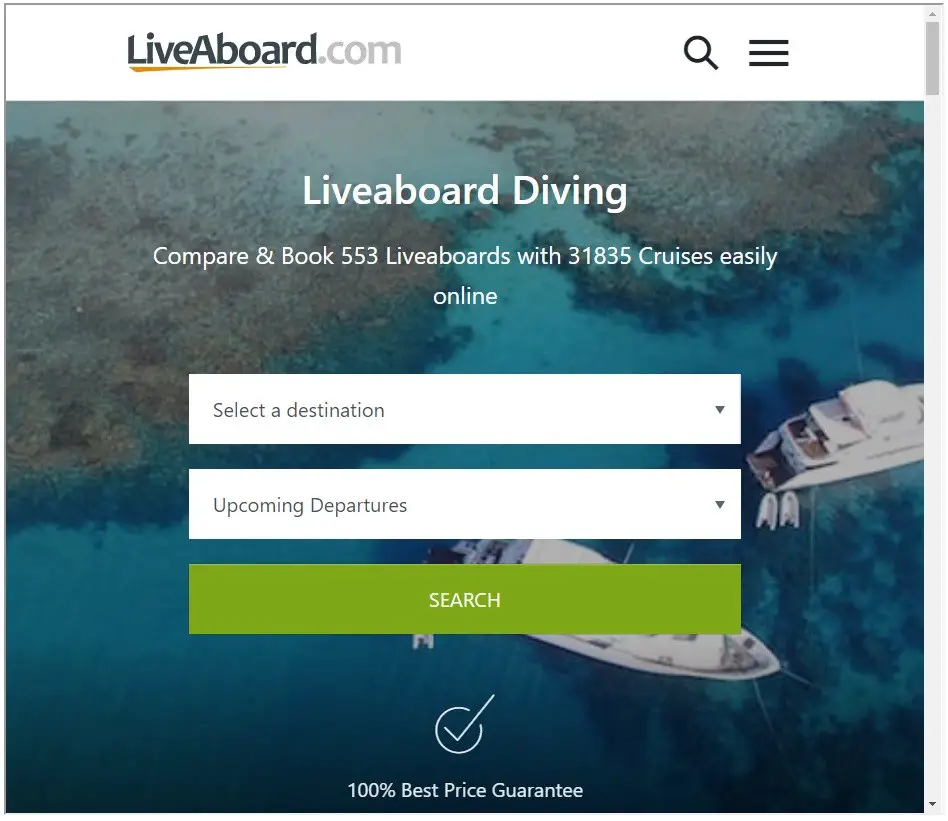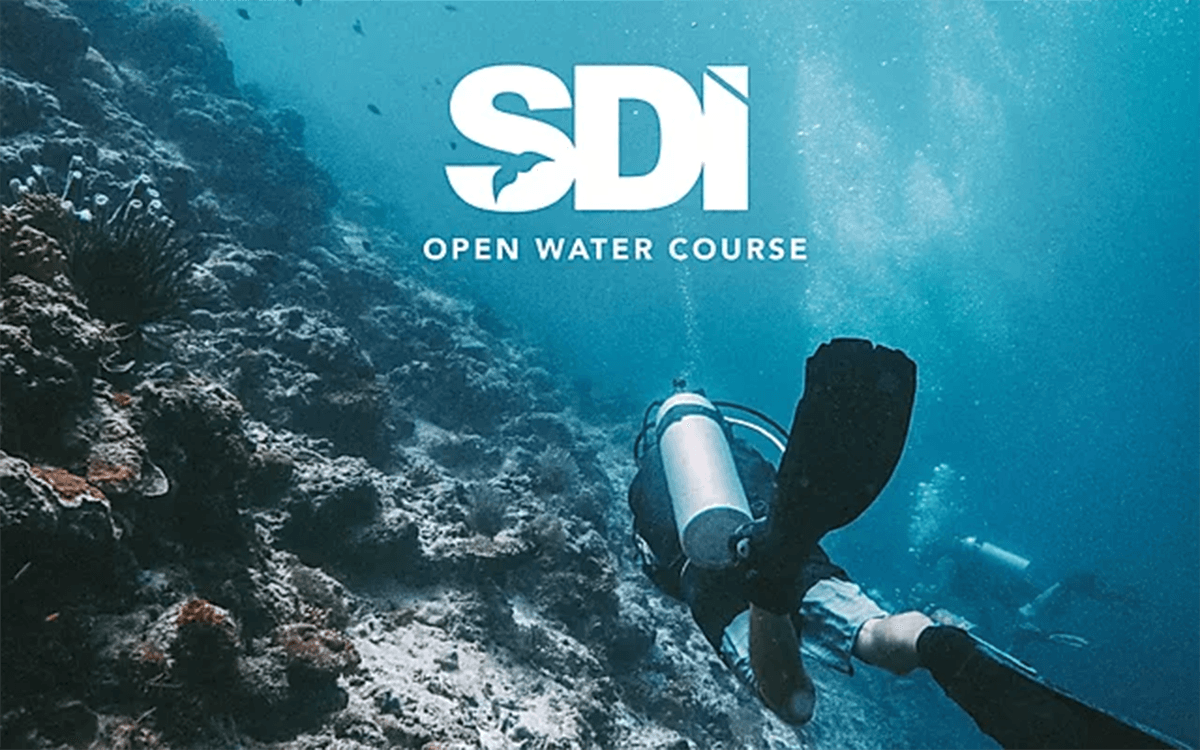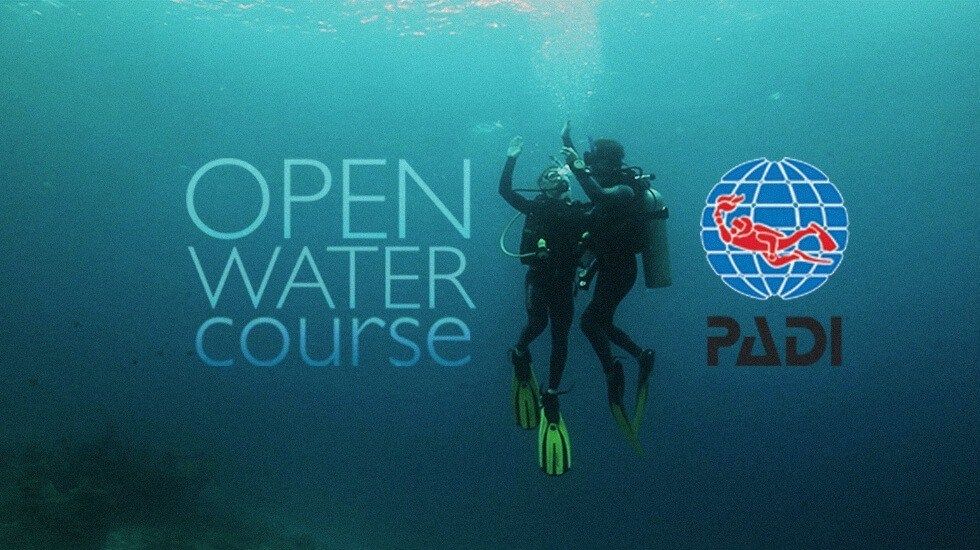Alright, let’s dive right into it—pun intended! If you’ve ever wondered how deep can you dive with open water certification, you’re not alone. This is one of the most common questions among beginner divers, and for good reason. Open water certification is often seen as the gateway to the underwater world, but it’s important to know your limits, especially when it comes to depth. So, buckle up and let’s unravel the mystery of just how far down you can go with that shiny new certification of yours.
Let’s face it, diving is more than just a hobby—it’s an experience. Whether you’re exploring vibrant coral reefs or swimming alongside some of the ocean’s most majestic creatures, open water certification opens up a whole new world of possibilities. But before you start dreaming about those deep-sea adventures, it’s crucial to understand the depth restrictions that come with your certification. This isn’t just about safety—it’s about ensuring you have the best possible experience without putting yourself at risk.
Now, I know what you’re thinking: “Can I just dive as deep as I want once I’m certified?” Well, not exactly. While open water certification is a great starting point, it comes with certain limitations, especially when it comes to depth. But don’t worry, we’re here to break it all down for you in a way that’s easy to understand and packed with useful info. So, let’s get started!
- Brooke Shields Height
- Is Luke Bryan A Trump Supporter
- Fapello
- Is Angus Sampson Married
- Faith Hills Diagnosis
Understanding Open Water Certification
First things first, let’s talk about what open water certification actually entails. Think of it as your diving passport—it gives you the skills and knowledge you need to explore the underwater world safely. But like any passport, it comes with certain rules and restrictions. One of the most important things to understand is how deep you can dive with this certification.
Typically, open water certification allows you to dive up to 18 meters (60 feet). This depth is carefully chosen to ensure that beginners can enjoy the beauty of the ocean while minimizing the risks associated with deeper dives. It’s a sweet spot where you can still experience the thrill of diving without pushing your limits too far too soon.
But why 18 meters, you ask? Well, diving deeper than this requires more advanced skills and training. At greater depths, factors like nitrogen absorption, decompression sickness, and equipment limitations come into play. By sticking to the 18-meter limit, you can focus on mastering the basics and building your confidence before venturing into deeper waters.
- Miles Taylor Net Worth
- Cote De Pablo Husband
- One Man One Hammer Video
- Cote De Pablo Married
- Did Carol Burnett Die 2024
Why Depth Matters in Diving
Now that we’ve established the depth limit for open water certification, let’s dive into why depth is such a big deal in diving. It’s not just about how far down you can go—it’s about how your body reacts to the pressure at different depths.
As you descend, the pressure around you increases. This can affect your body in various ways, from making your ears pop to increasing the risk of decompression sickness. At deeper depths, your body absorbs more nitrogen, which can lead to serious health issues if you ascend too quickly. That’s why it’s crucial to stick to the recommended depth limits when you’re first starting out.
Plus, diving too deep too soon can be overwhelming. The underwater world is a beautiful but unpredictable place, and it’s important to feel comfortable and confident in your abilities before taking on more challenging dives. By sticking to the 18-meter limit, you can focus on enjoying the experience without worrying about the added risks of deeper dives.
Common Misconceptions About Depth Limits
There are a few common misconceptions about depth limits that we need to clear up. For starters, some people think that as long as they’re a good swimmer, they can handle deeper dives. But swimming skills and diving skills are two very different things. Diving requires a whole new set of skills and knowledge, especially when it comes to managing depth and pressure.
Another misconception is that deeper dives are always better. While it’s true that some of the most incredible underwater sights can be found at greater depths, there’s plenty to see and explore within the 18-meter limit. In fact, many of the world’s most popular dive sites are located within this depth range, so you won’t be missing out on anything by sticking to the rules.
What You Can Expect at 18 Meters
So, what exactly can you expect to see and experience at 18 meters? Well, let me tell you, it’s a whole lot of fun! At this depth, you’ll still have plenty of light, which means the colors of the coral and marine life will be vibrant and stunning. You’ll also have a good amount of time to explore, as the nitrogen absorption rate is relatively low at this depth.
Some of the things you might encounter at 18 meters include:
- Vibrant coral reefs
- Colorful fish and other marine life
- Shipwrecks and underwater structures
- Unique underwater landscapes
And let’s not forget about the sense of accomplishment you’ll feel every time you complete a dive. Each dive is an opportunity to improve your skills and gain more confidence in the water. So, even if you’re not diving as deep as some of the pros, you’re still getting a taste of the incredible world that lies beneath the surface.
Preparing for Your First Dive
Now that you know how deep you can dive with open water certification, it’s time to prepare for your first dive. This is where the real fun begins! But before you jump in, there are a few things you need to do to ensure a safe and enjoyable experience.
First, make sure you have all the necessary gear. This includes a well-fitting wetsuit, a reliable dive computer, and a quality mask and fins. Your gear is your lifeline underwater, so it’s important to invest in good-quality equipment that fits you properly.
Next, familiarize yourself with the dive site. Whether you’re diving in a tropical paradise or a local lake, it’s important to know what to expect. Check out the conditions, review the dive plan, and make sure you’re comfortable with the depth and surroundings.
Top Tips for Beginner Divers
Here are a few tips to help you make the most of your first dive:
- Take your time and don’t rush the experience.
- Stay close to your dive buddy and communicate regularly.
- Practice buoyancy control to avoid disturbing the marine life.
- Keep an eye on your air supply and ascent rate.
Remember, diving is all about having fun and staying safe. By following these tips, you’ll be well on your way to becoming a confident and skilled diver.
Advanced Diving Options
Once you’ve mastered the basics and gained some experience, you might start thinking about taking your diving to the next level. This is where advanced certifications come in. With additional training, you can learn how to dive deeper and explore more challenging environments.
Some popular advanced certifications include:
- Advanced Open Water Diver
- Deep Diver
- Wreck Diver
- Nitrox Diver
Each of these certifications offers its own set of skills and challenges, so it’s important to choose the one that aligns with your interests and goals. By continuing your education and gaining more experience, you can expand your diving horizons and explore the depths of the ocean like never before.
The Benefits of Advanced Training
Advanced training offers several benefits, including:
- Increased depth limits
- Improved skills and confidence
- Access to more dive sites
- Opportunities to explore unique environments
Plus, advanced training can open up new career opportunities in the diving industry, whether you’re interested in becoming a dive instructor, underwater photographer, or marine biologist.
Staying Safe While Diving
Safety should always be your top priority when diving. Whether you’re a beginner or an experienced diver, it’s important to follow the rules and guidelines to ensure a safe and enjoyable experience.
Some key safety tips include:
- Always dive with a buddy
- Check your gear before every dive
- Stick to your planned dive profile
- Ascend slowly and perform safety stops
By following these tips, you can minimize the risks associated with diving and focus on enjoying the experience. Remember, the ocean is a powerful and unpredictable place, so it’s important to respect it and take all necessary precautions.
Conclusion
So, there you have it—everything you need to know about how deep can you dive with open water certification. By sticking to the 18-meter limit, you can enjoy the beauty of the underwater world while staying safe and building your skills. And who knows? Maybe one day you’ll be ready to take on the challenges of deeper dives and explore the mysteries of the ocean’s depths.
Now, it’s your turn! If you’ve enjoyed this article, feel free to leave a comment or share it with your fellow divers. And if you’re ready to take the plunge, why not sign up for a dive course and start your underwater adventure today? The ocean is waiting for you!



Detail Author:
- Name : Mrs. Reba McKenzie
- Username : marquise.lemke
- Email : kaleigh24@hotmail.com
- Birthdate : 1986-09-18
- Address : 81656 Blanda Creek Apt. 642 South Elnaview, CT 10762
- Phone : 1-404-313-6584
- Company : Schiller PLC
- Job : Broadcast Technician
- Bio : Ullam in est iste nostrum officiis excepturi. Eveniet consequatur voluptatum libero et. Quod dolorem excepturi qui. Quidem dolorem vel consequatur.
Socials
linkedin:
- url : https://linkedin.com/in/jordonrempel
- username : jordonrempel
- bio : Quae ad repellat ut deserunt occaecati nostrum.
- followers : 5969
- following : 2371
instagram:
- url : https://instagram.com/jordonrempel
- username : jordonrempel
- bio : Assumenda aut ipsa aut sit. Rem qui possimus inventore quam. Aut tenetur suscipit aut distinctio.
- followers : 5879
- following : 1841
facebook:
- url : https://facebook.com/jordon_rempel
- username : jordon_rempel
- bio : Omnis non nam quaerat quidem. Aut sit eveniet eius pariatur eligendi nam.
- followers : 4759
- following : 592
tiktok:
- url : https://tiktok.com/@jordon_rempel
- username : jordon_rempel
- bio : Hic aut non sed omnis consequatur esse dolorem fugit.
- followers : 1628
- following : 1078
twitter:
- url : https://twitter.com/jrempel
- username : jrempel
- bio : Consequatur eum repellat maiores eaque. Est nesciunt vel ullam odit molestiae. Enim nesciunt illo architecto quod ullam velit.
- followers : 1884
- following : 216